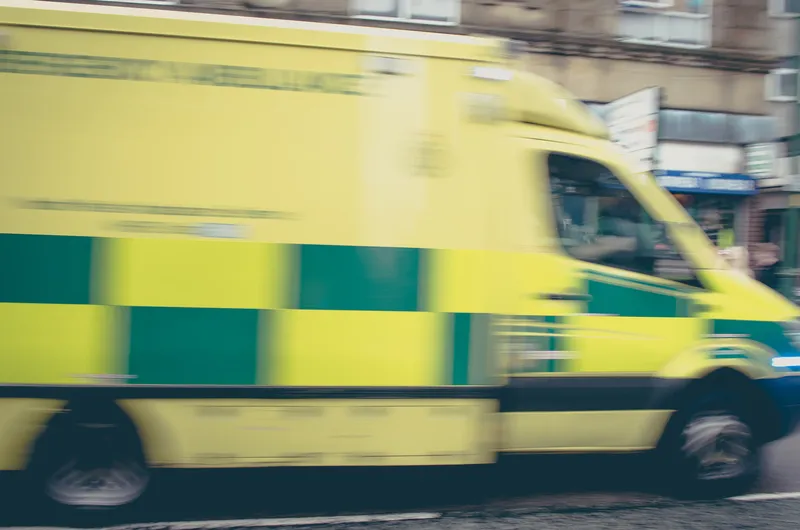French transit operator RATP has joined forces with Airbus to explore the feasibility of urban air mobility in the Île-de-France region.
RATP says the partners will commit to analysing the conditions for developing flying vehicles and work on urban integration to make a service available to as many people as possible.
As part of the agreement, both companies intend to establish an ecosystem of partners to develop the transport offering.
Guillaume Faury, CEO of Airbus, says: “We already have the t
May 24, 2019
Read time: 1 min
French transit operator 4223 RATP has joined forces with Airbus to explore the feasibility of urban air mobility in the Île-de-France region.
RATP says the partners will commit to analysing the conditions for developing flying vehicles and work on urban integration to make a service available to as many people as possible.
As part of the agreement, both companies intend to establish an ecosystem of partners to develop the transport offering.
Guillaume Faury, CEO of Airbus, says: “We already have the technical blocks but we have to align them and integrate them into the user's everyday life without compromising safety.”
The project is also expected to provide point to point services to passengers, by having them benefit from both groups’ services in sustainable and shared mobility, such as electric autonomous vehicles.









